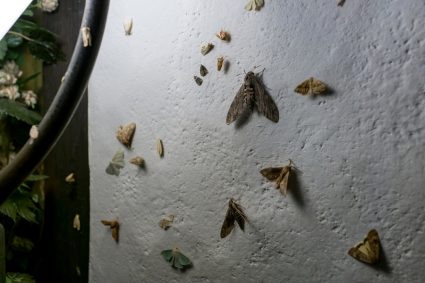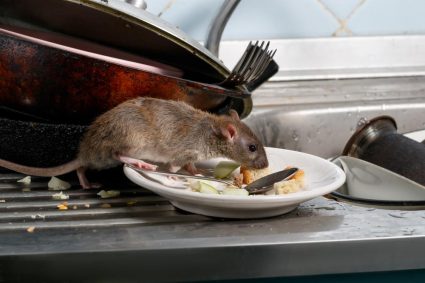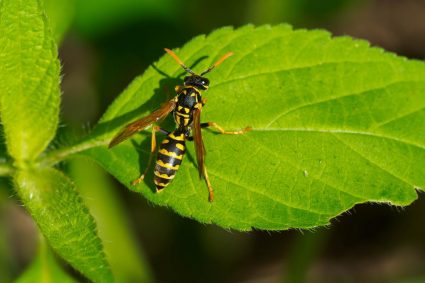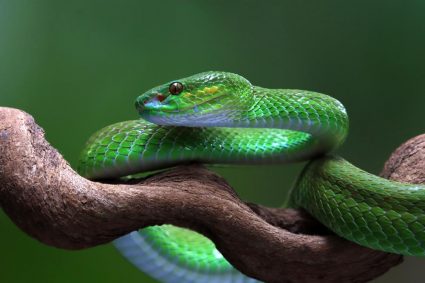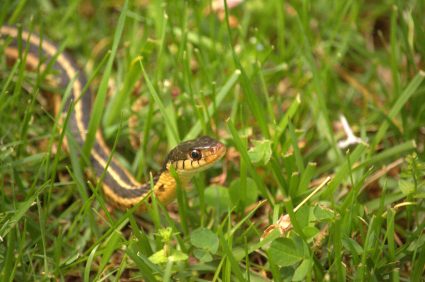
Keeping stray cats from wandering into your yard can be a challenge. Whether you’re a gardener trying to protect your plants or simply someone who prefers not to have cats in your yard, there are several effective and humane solutions you can use to deter cats. In this comprehensive guide, we will explore various methods to keep cats away from your yard, including scent repellents, physical barriers, the use of plants, and more.
To deter cats from your yard, you can use scent repellents like citrus peels, vinegar, or certain essential oils. Physical barriers such as chicken wire, plastic carpet runners, or motion-activated sprinklers can also be effective. Planting cat-repellent plants like lavender, rosemary, or citronella can create a natural barrier. Commercial repellents, ultrasonic devices, or creating a separate space for cats in your yard can also help. Always use these methods responsibly to ensure the safety of the cats.
Understanding Why Cats Love Yards
Before we delve into the solutions, it’s essential to understand why cats are attracted to yards. Yards provide cats with numerous hiding spots and a playground for their hunting instincts. They can dig in the soil, chase insects, and enjoy the fresh air.
Using Scent Repellents
Cats have a strong sense of smell, which is why they are particularly sensitive to certain scents. Here are some scent repellents you can use:
Citrus
Cats dislike the smell of citrus. Scatter fresh orange or lemon peels around your yard, or use organic citrus-scented sprays to keep them away.
Vinegar
Cats are also not fans of the strong smell of vinegar. You can spray diluted vinegar around your yard as a cat deterrent. However, be careful not to spray it directly on your plants as it can harm them.
Essential Oils
Certain essential oils, such as lavender, lemongrass, citronella, and eucalyptus, can also deter cats. However, some essential oils can be toxic to cats, so it’s essential to do your research and use them sparingly and responsibly.
Incorporating Physical Barriers
Physical barriers can effectively keep cats out of your yard. Here are a few options:
Chicken Wire
Lay down chicken wire in areas where cats like to visit. Cats dislike walking on chicken wire, so it will keep them from walking around your yard.
Plastic Carpet Runners
You can also use plastic carpet runners. Place them spike-side up in areas where cats like to roam. The uncomfortable spikes will deter the cats from walking on them.
Motion-Activated Sprinklers
Motion-activated sprinklers, like the Orbit Yard Enforcer or ScareCrow, can deter cats with a sudden burst of water. It’s an effective, yet harmless, way to keep cats at bay.
Planting Cat-Repellent Plants
Certain plants, due to their strong smell or texture, act as natural cat deterrents. Some of these include lavender, rosemary, rue, curry herb plant, pennyroyal, scaredy cat plant (Coleus Canina), citronella, lemon thyme, and oregano. Planting these in your yard can create a natural barrier that discourages cats from entering.
Using Commercial Repellents and Devices
Several products in the market can help you in your quest to keep your yard cat-free. These include commercial cat repellents like Nature’s Mace Cat Repellent, ultrasonic devices like CatStop, and physical deterrents like CatScat mats.
Creating a Separate Space for Cats
If you have a large yard and don’t mind cats being in a part of it, consider creating a designated space for them. You can set up an outdoor litter box or plant cat-friendly plants like catnip or catmint in a specific area. This can attract the cats to that area and keep them away from the rest of your yard.
Conclusion
Keeping cats out of your yard doesn’t have to involve harmful substances or methods. With the right knowledge and tools, you can effectively deter cats in a humane and safe way. Always remember to respect the animals while protecting your space. Happy gardening!
Frequently Asked Questions
Can I use commercial cat repellents on my plants?
Yes, most commercial cat repellents are safe to use on plants. However, always read the product instructions to ensure it is suitable for your specific plants.
Will vinegar harm my lawn or plants?
Vinegar can be harmful to plants if used undiluted or in large quantities. It’s best to use a diluted solution and avoid spraying it directly on plants.
Are motion-activated sprinklers safe for cats?
Yes, motion-activated sprinklers are safe for cats. They merely startle the cats with a sudden burst of water, which discourages them from returning to your yard, but do not harm them.
Can the smell of essential oils harm cats?
Some essential oils can be toxic to cats if they are ingested or come into contact with their skin. However, when used sparingly and responsibly, such as by spreading a few drops around your yard, they can safely deter cats.
Are there any plants that attract cats that I should avoid planting?
Yes, plants like catnip and catmint are known to attract cats. If you’re trying to deter cats from your yard, it’s best to avoid planting these.


